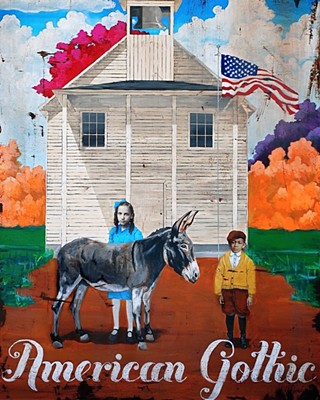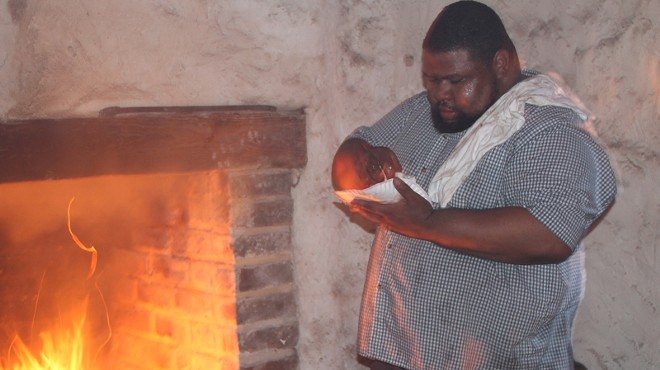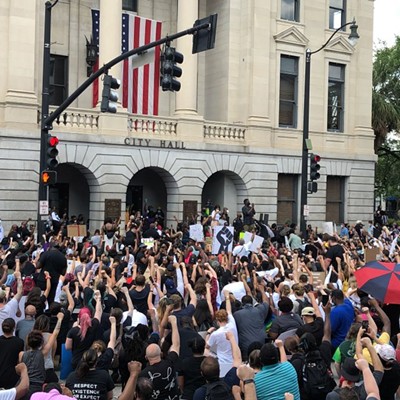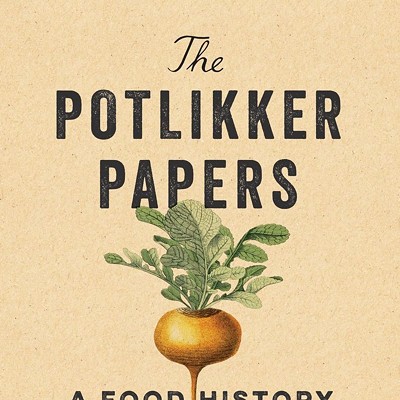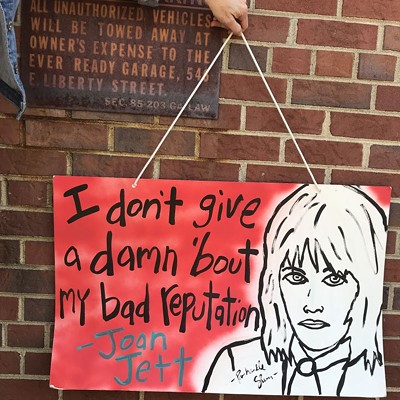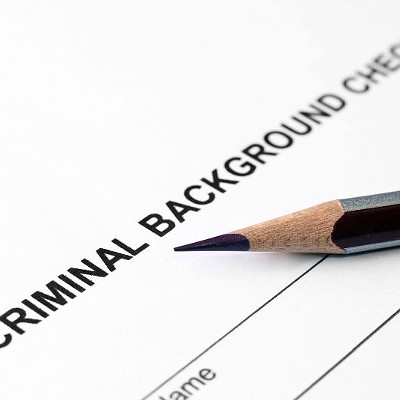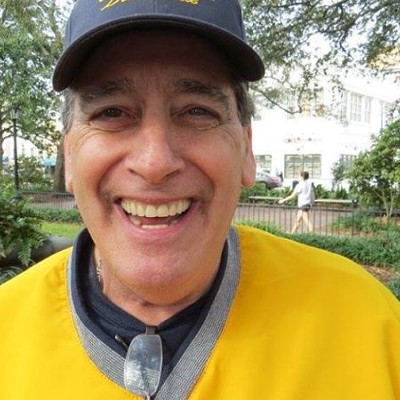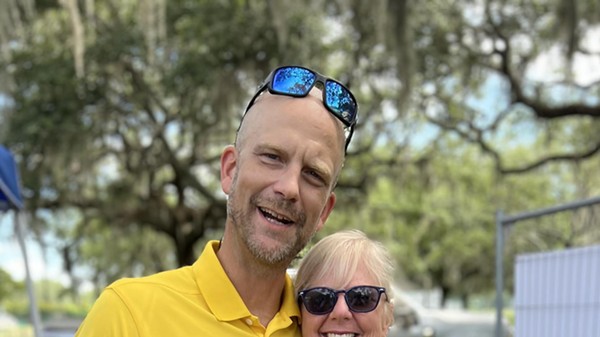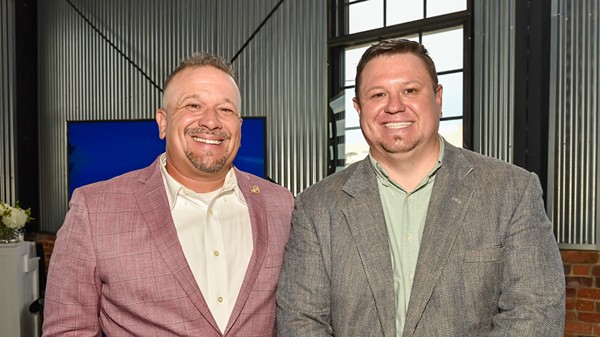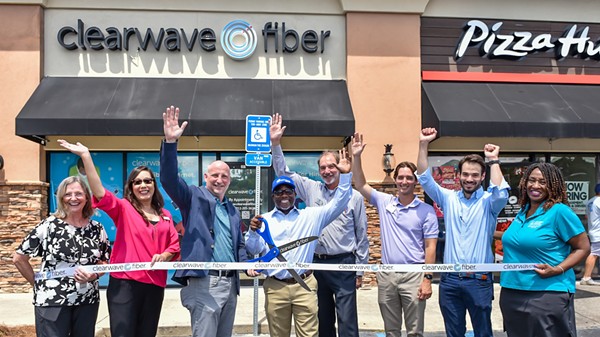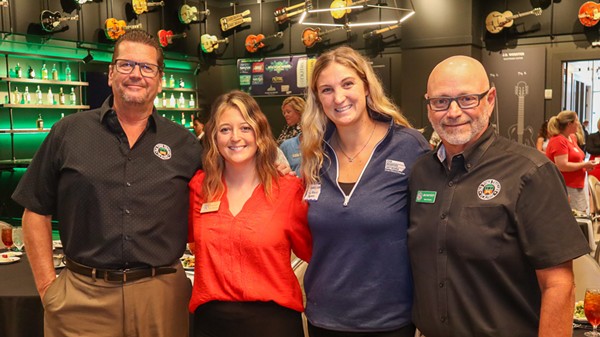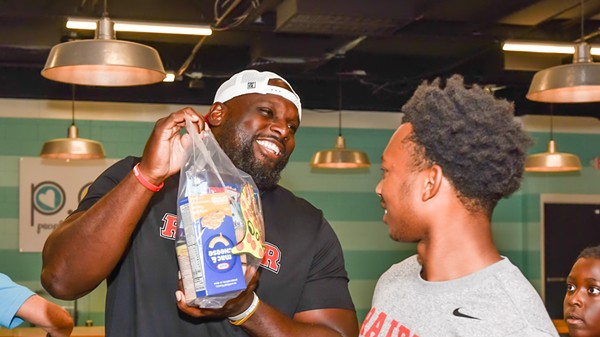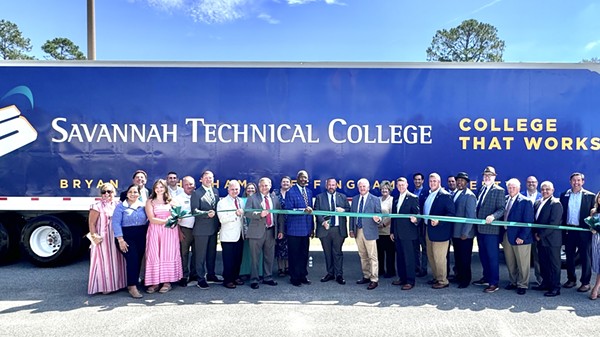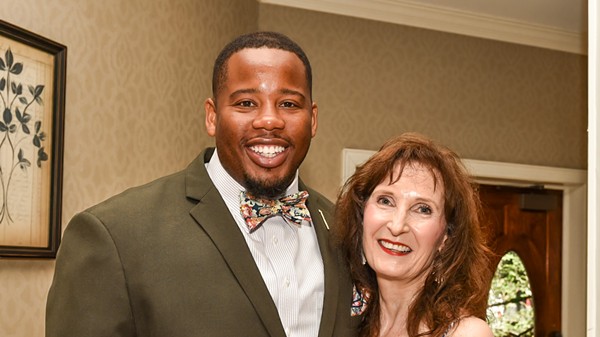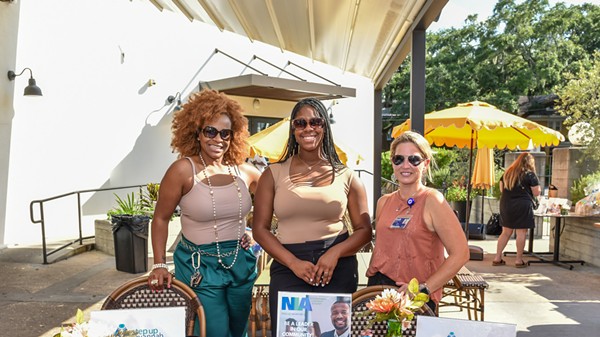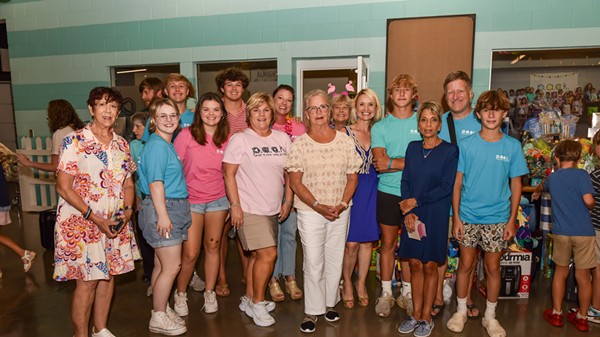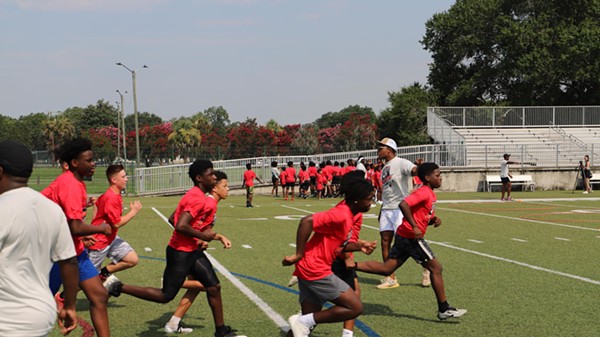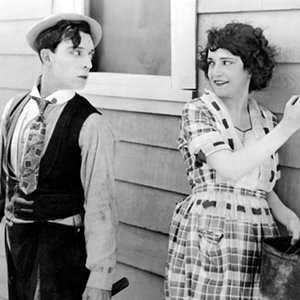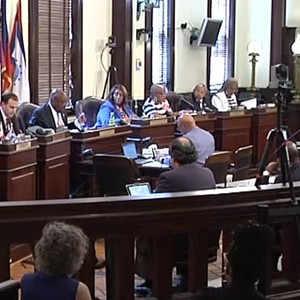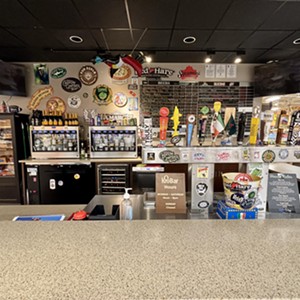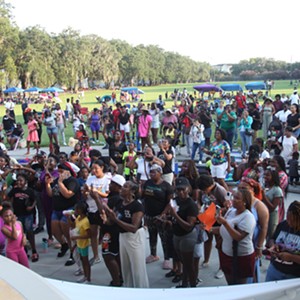What a week, America! I can barely digest my coleslaw for all the controversy:
Yay! for the Supreme Court ruling on an egalitarian definition of marriage — and boo! to state Attorney General Sam Olens for reminding us immediately that the SCOTUS ruling doesn't mean a thing in Georgia.
Yay! for immigration reform — and boo! for the evisceration of the Voting Rights Act that may render the votes of our new citizens irrelevant as the bums in charge gerrymander their districts.
Yay! for Wendy Davis and her sheroic Texas filibuster throwdown — and boo! for legislators who continue to wage their war on women's rights.
Then we have our own homegrown scandal peppering the pot: The national news trucks double-parked in front of the Lady and Sons may have gone home, but the bad taste lingers. And it's not because someone overcooked the okra.
The caramelized meltdown of Paula Deen's empire continues as corporate sponsors and book publishers drop her like, well, a hot sweet potato. Let's put her antiquated attitudes and the creepy business practices of her brother aside for a sec and acknowledge the greasy hypocrisy that this great renunciation has been led by the CEOs of Walmart, who have conveniently forgotten the 5,000+ lawsuits filed against them every year from disgruntled former employees.
As for her linguistic blundering, she has apologized without guile. C'mon people, she's not an actress — she's a former agoraphobic and single mom whose friendly demeanor and dastardly delicious recipes twanged America's heart and gooped up its arterties. That's not to say she doesn't have a Crisco vat of soul-searching to do, but her disgrace is all of ours, like it or not.
The Vilification of Our Lady of Perpetual Butter has illuminated the crack in our culture that won't seem to heal. And our quaint little city is ground zero for the American conversation on racism.
Are we ready to talk, Savannah?
We have here a certain history, a real ugly one. Those whose ancestors lived it carry it in their bones. Those of us not born here spout politically-correct outrage, but self-righteousness is unattractive and disingenuous. More importantly, it gets us nowhere. Hard to climb to moral high ground in the Lowcountry.
But what do I know? I couldn't be more stupid about race in the South. I grew up Jewish in Arizona, where I heard horrid epithets about Latinos and Asians, but I don't recall ever hearing the N-word, not even once. My parents raised me to judge people only by the content of their character and their shoes. ("Tacky," my mother would whisper when anyone walked by in jelly sandals.)
My education about slavery came from a tattered history book. I learned that the Civil Rights Movement had enlightened our consciousness. Affirmative action had leveled the playing field. Men and women of color could be found in prominent political and corporate positions. My rainbow coalition of friends and I quoted Nelson Mandela and Bob Marley and Easy-E. ("Vulgar," my mother frowned at the latter.)
I spent 12 years in the San Francisco Bay Area studying West African dance, aspiring to jump as high and leap as far as my teachers born in Guinea, Ghana and Senegal. I do my best to show my children that both beauty and bad behavior exist in every human shade. When we voted in a president with dark skin and promises of true democracy, I believed America was long past its racial divide.
Sure, we'll always be a judgmental people; it's how we're wired. That's why TV is brimming with Teen Moms and Real Housewives. ("Low-class," I sniff to my kids.)
But when I moved to Savannah, I could hear so much unspoken. In the systemic poverty that always seems to fall along racial lines. In the sanitized history of downtown, where a cheery statue of an African-American family is the only marker to remind tourists that human beings were once sold like animals on the same cobblestones where they now shop and eat. In a broken school system that — in spite of endless negotiations and a fleet of diesel-spewing buses that cart students across town for hours a day — still looks pretty segregated.
As Southerners and Americans, we no longer have any excuse not to examine the injustice that the preponderance of incarcerated citizens in prison are black men. Or the food deserts that permeate African-American neighborhoods, cutting off access to fresh food and perpetuating health issues. Or that a Cheerios commercial featuring a biracial family can cause a repulsive internet backlash.
Artist, photographer and Connect contributor Cedric Smith explores such inconsistencies in American advertising. Layering old-school media with vintage images, his paintings shows us how racism is hidden away, especially from those of us who would naïvely believe it gone for good. His "American Gothic" reveals a world of many colors, its children patiently awaiting its wisdom.
Cedric's paintings have been spotlit on Design Sponge and in galleries and collections worldwide. You're Welcome Savannah, the fashion blog he co-creates with his partner, Autumn Van Gunten, is one of the region's highest trafficked websites.
Yet he is keenly aware that as an African-American male, there will always be some who see him only as a potential criminal.
A few years ago on a cloudy day, he was shooting photos in the tony Design District when he tucked his long-lensed camera into his jacket to protect it from the rain. Next thing he knew, he was surrounded by cops screaming at him to put his hands on his head. They were responding to a call from a shopkeeper terrified of the black man stalking her storefront with the sawed-off shotgun under his coat.
One officer suggested that perhaps he and Van Gunten find a new place to shop. No one ever offered an apology.
"I don't think things will ever change," he sighed to me.
It hurts my heart that someone as talented and kind as Cedric would ever be subjected to such obvious injustice. It also forces me to be ever-vigilant of the more obsequious ways racism permeates Southern culture, food and politics.
What the holier-than-thou rejection of Paula Deen and the racially-charged trial of George Zimmerman show us is that race still dominates the American consciousness, even when we don't say a word. We might think we see everyone the same in our hearts, but we are all complicit in a society that doesn't.
On this Independence Day, let's remember that only we can emancipate ourselves from that mental slavery, friends, 'cause none but ourselves can free our minds.

